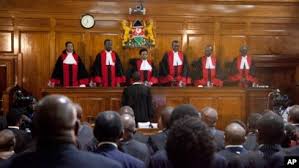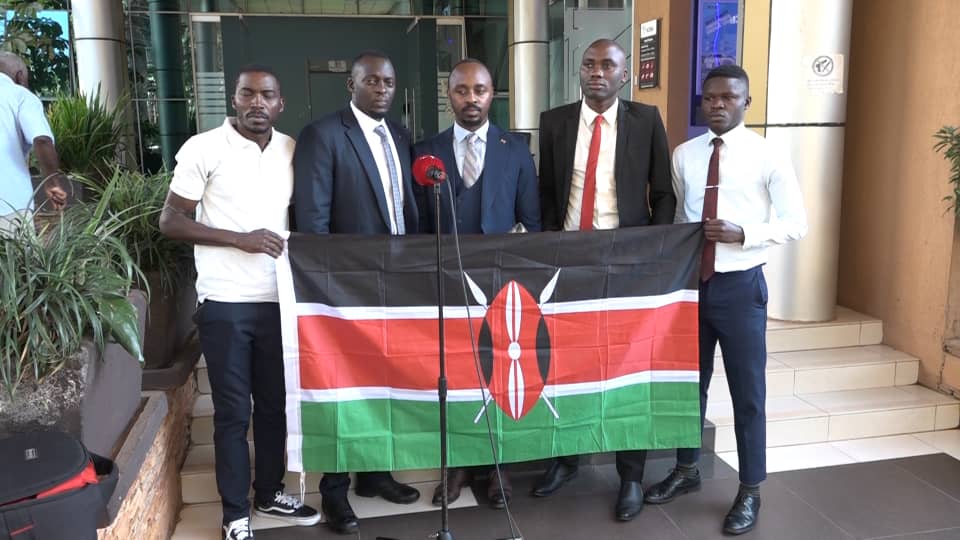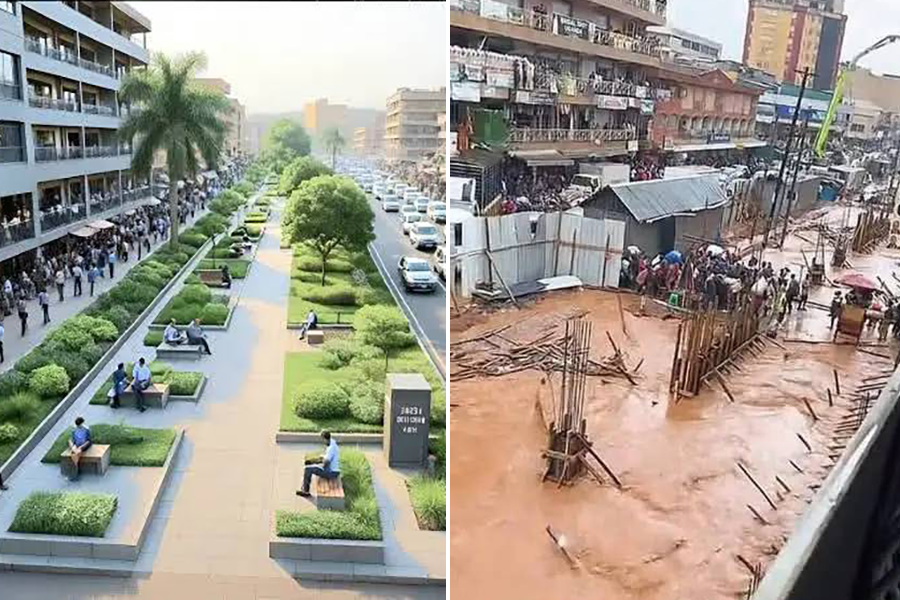In a landmark ruling on October 14, 2025, the High Court in Kampala, Uganda, issued a habeas corpus order compelling the Ugandan government to produce two missing Kenyan human rights activists, Bob Njagi and Nicholas Oyoo, dead or alive, within seven days. This directive has sent shockwaves through the political and legal spheres in Uganda and beyond, highlighting pressing concerns about enforced disappearances, human rights abuses, and cross-border political repression in East Africa.
Bob Njagi and Nicholas Oyoo, members of the Free Kenya Movement — an organization dedicated to political and civil rights advocacy in Kenya — disappeared after attending political campaign rallies for Robert Kyagulanyi Ssentamu, popularly known as Bobi Wine, the National Unity Platform (NUP) presidential candidate in Uganda. On October 1, 2025, armed men in military and civilian attire allegedly detained the two activists at a petrol station in Kaliro District, Eastern Uganda. Witnesses report that they were taken to the Mbuya military facility, a notorious site linked to the incommunicado detention and alleged torture of political dissidents.
The disappearance of Njagi and Oyoo represents a disturbing escalation in authoritarian tactics in the East African community, where political dissent increasingly faces repression through arbitrary detention, enforced disappearances, and violent intimidation. The case petitioned by human rights lawyers Eron Kiiza and Kato Tumusiime calls into question the abuse of state security apparatuses, involving Uganda’s highest security officials, including General Muhoozi Kainerugaba (Chief of Defence Forces and son of President Museveni), the Chief of Defence Intelligence and Security, the Inspector General of Police, and the Attorney General.

Despite the court's order, as of October 22, 2025, Ugandan authorities have failed to produce the activists in court or provide a concrete account of their whereabouts, prompting a rescheduling of the hearing to later in the week. This failure exacerbates fears for the safety and well-being of Njagi and Oyoo, intensifying calls from regional human rights defenders, civil society organizations, and international observers for the Ugandan government to uphold justice and transparency.
The enforced disappearance and alleged detention without access to legal counsel or family not only violate Ugandan constitutional protections but also breach international human rights standards enshrined in treaties to which Uganda is a signatory. The case underscores the urgent need for regional cooperation and accountability to prevent abuses that threaten democracy and the rule of law.
In response to the crisis, activists across Kenya and Uganda have vowed to escalate demonstrations and demand government action, underscoring growing frustration with the impunity enjoyed by security agencies. The case has also attracted attention from United Nations bodies, which are being petitioned to intervene through the Working Group on Enforced or Involuntary Disappearances.
The plight of Bob Njagi and Nicholas Oyoo is emblematic of broader democratic backsliding in East Africa, where political oppression increasingly transcends national borders. Their case serves as a critical test for the independence of the judiciary, the protection of human rights defenders, and the commitment of governments to uphold fundamental freedoms ahead of contentious elections.
As the October 21 hearing approaches, the eyes of the world remain on Uganda. The High Court’s ruling and the government’s response will send a powerful message about the state of human rights and the rule of law in the region. Failure to comply not only undermines Uganda's international standing but also threatens to deepen political instability and mistrust among East African nations.
In conclusion, the enforced disappearance of the Kenyan activists demands urgent, transparent action to safeguard human rights and reinforce democratic norms in Uganda and the broader East African community. Civil society, legal advocates, and the international community must remain vigilant and unified in pressing for justice and accountability to prevent further abuses and protect the courageous defenders of democracy.
This unfolding situation remains a focal point for legal and political activism and will likely dominate discussions on human rights in East Africa for months to come. It is a call to action for ensuring that no individual is beyond the reach of the law and that state power is not wielded to silence dissent.







Leave a Reply